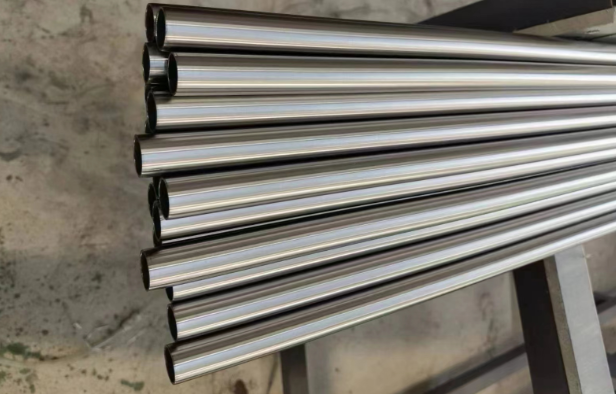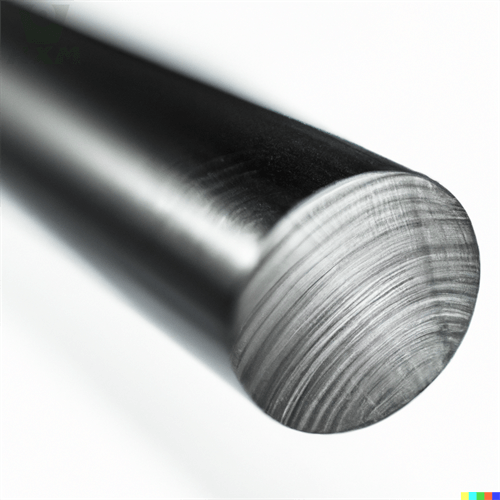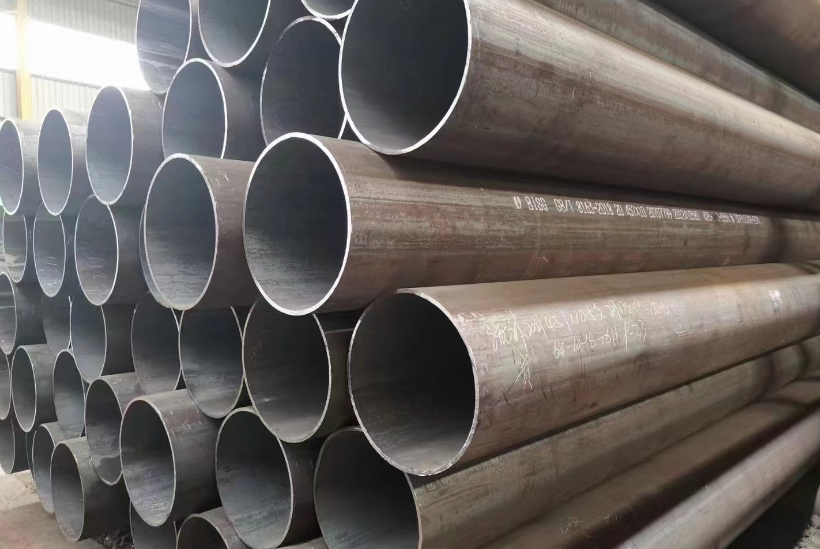With the rapid advancement of shipbuilding technology, increasingly higher requirements are imposed on the performance of equipment materials. Alloy steel, as a type of steel with outstanding properties, is characterized by the addition of alloy elements such as chromium, nickel, molybdenum, copper, titanium, and so forth. These additions enhance its strength, wear resistance, corrosion resistance, and high-temperature tolerance, making it widely utilized in the field of shipbuilding. In this article, we will take a closer look at the application of alloy steel in shipbuilding.

Application of Alloy Steel in Shipbuilding:
Firstly, in terms of strength. During operation, the main structure of a ship is often subjected to significant water pressure and stormy waves. This imposes extremely high demands on the structural strength of the hull. Alloy steel, with its unique chemical composition, imparts higher strength and toughness. In ship construction, alloy steel is commonly used to fabricate components such as the hull, deck, bottom, and bulkheads, ensuring the safety and reliability of the vessel.
Secondly, concerning wear resistance. Various equipment installed on ships, including gears, shafts, rudders, and other critical components, undergo wear due to impacts and vibrations during operation. This necessitates materials with exceptional wear resistance. Alloy steel, with its superior wear resistance, satisfies the requirements of shipboard equipment. By employing alloy steel in shipbuilding, the frequency of maintenance and replacement can be reduced, lowering construction costs.
Furthermore, regarding corrosion resistance. During prolonged sea transportation, ships are exposed to the corrosive effects of seawater and salt spray. Using ordinary shipbuilding materials can lead to corrosion, impacting the vessel’s lifespan. Alloy steel, fortified with elements like chromium and nickel, enhances its resistance to acid and alkaline corrosion, effectively defending against atmospheric, aqueous, and acidic solutions. In shipbuilding, alloy steel is often used to produce corrosion-resistant components such as the hull bottom and seawater piping.
Additionally, with respect to high-temperature tolerance. Certain shipboard equipment, including engine rooms, gas turbines, and boilers, require stable operation in high-temperature environments, posing stringent demands on materials’ high-temperature capabilities. Alloy steel, owing to its excellent high-temperature resistance, can withstand extended use without deformation or damage. In shipbuilding, it ensures that deformations, embrittlement, or other issues do not occur, preserving the vessel’s normal operation and safety.
Conclusion
In conclusion, alloy steel plays a pivotal role in shipbuilding due to its superior comprehensive properties. It finds extensive applications in both hull structures and propulsion systems. As the shipbuilding industry continues to evolve, alloy steel is increasingly employed in ship construction, providing robust support for safe, efficient, and stable vessel operations.
Why Choose Huaxia Steel?
Thank you for reading our article and we hope it can help you to have a better understanding of the application of alloy steel in shipbuilding. If you are looking for suppliers and manufacturers of alloy steel, we would advise you to visit Huaxia Steel.
As a leading supplier of alloy steel from Shanghai, Huaxia Steel offers customers high-quality alloy steel products.







